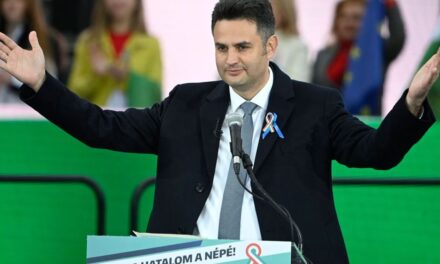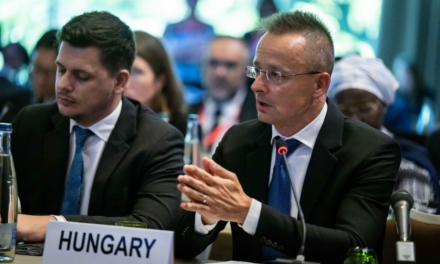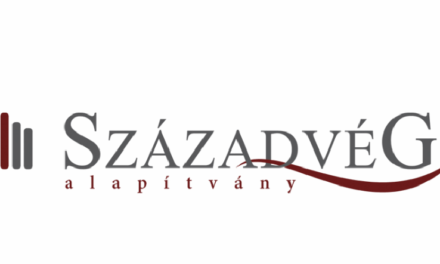According to the speaker of the conference on the exclusion of Hungarian universities from EU funds, Hungarian university students are sanctioned more by the European Union than Russian ones. At the event, several people from both the Hungarian and Italian sides spoke about the injustice of excluding Hungarian students from the Erasmus and Horizon Europe programs.
The exclusion of a significant number of Hungarian universities from programs funded directly by Brussels is an unfair decision , said Áron Fellegi, vice president of the international consulting company EuroAtlantic Zrt., to MTI at a conference on the issue in Rome.
Áron Fellegi emphasized that
exclusion from the Erasmus and Horizon Europe programs puts Hungarian universities in a difficult situation.
"Our goal is to address the international environment, including the Italian corporate and university environment, to encourage Italian institutions, universities, and research institutes to cooperate with Hungarian universities despite the current difficult situation, to build a potential partnership with Hungarian institutions."
The English-language conference entitled Exclusion of Hungarian universities from EU funds, jointly organized by EuroAtlantic Zrt. and Matthias Corvinus Collegium, was hosted by the Hungarian Cultural Institute of the Italian capital. Among others, representatives of international universities based in Rome, Naples and Italy took part in the meeting.
Rodrigo Ballester, Italian ministerial commissioner responsible for the internationalization of higher education and research
of great injustice and disgrace
called the exclusion of more than twenty Hungarian universities.
He stated to MTI that Hungarian university students find themselves in a worse situation than their fellow Russian students, who are not individually affected by similar exclusion at European universities. Rodrigo Ballester noted that "there is life beyond Erasmus". He added that the Rome conference also serves to introduce the excellence of Hungarian education and research centers,
by building a new kind of European and international relations.
Péter Prukner, assistant professor of the digital development center of the Széchenyi István University in Győr, and Vincenzo Lipiello, head of the Naples II. Professor at the Robotics Department of Frigyes University.
MTI
Cover photo: MTI/Balázs Mohai












